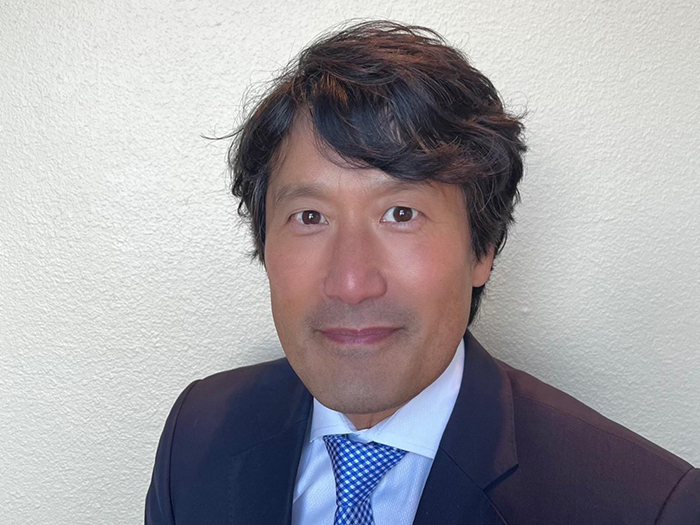Risk Insider: Jack Hampton
The Atlanta Highway Collapse
On March 31st, a massive fire caused an interstate bridge in Atlanta to collapse during rush hour. No one was hurt even as towering flames and plumes of smoke were visible for more than an hour. Interstate I-85, a daily commuting artery for a quarter of a million people, was closed indefinitely.
It’s wartime in Atlanta. Within 24 hours, the federal government released $10 million for immediate use and promised much more to repair the overpass. 2017 will be a nightmare for Atlanta motorists. A few years from now, the collapse will be a distant memory.
The situation recalls historical behaviors of Dwight D. Eisenhower and George S. Patton. They offer a lesson for contemporary events in American life.
Eisenhower was a peacetime warrior. To win the Second World War, America needed to transport the output of U.S. industry across the Atlantic Ocean. This was a logistical challenge.
Is our crumbling infrastructure a wartime or peacetime challenge? In today’s political climate, no one seems to be seriously seeking an answer to this question.
Patton was a wartime commander. He fought until he ran out of tanks, ammo and gasoline, and then still wanted his men to fight on. To win a war with Patton: arm him, point him toward Germany, and stand back.
Eisenhower famously was quoted multiple times on how we can achieve goals. In a 1957 speech he said, “plans are nothing, budgets are nothing, but planning and flexible budgeting are everything.”
Eisenhower was perfect when peacetime behavior was needed. He carefully planned the invasion of Normandy, a colossal logistical operation.
After being resupplied by Eisenhower, Patton pushed his troops to drive the enemy out of North Africa, Sicily and France. He exhibited wartime behavior.
When planning was the key, peacetime decision-making did the job. When no-nonsense action was needed, a wartime approach was the choice.
Back to the present. In wartime, conditions are always intense, competition is stiff and action trumps planning. Peacetime seeks plans, accuracy and strategies. Many of our political problems today occur because we cannot muster action in peacetime environments.
In the spirit of Eisenhower and Patton, the Atlanta incident has broader ramifications. Fire is not the only thing that takes down transportation routes.
In 2007, an eight-lane I-35W Mississippi River bridge in Minneapolis, collapsed during the evening rush hour, killing 13 people and injuring 145. It was carrying 140,000 vehicles daily. The incident produced no visible response to a broader problem.
Ten years later, there are still 56,000 structurally deficient U.S. bridges crossed daily by 185 million vehicles. Almost 2,000 of them are part of the Interstate Highway System.
Is our crumbling infrastructure a wartime or peacetime challenge? In today’s political climate, no one seems to be seriously seeking an answer to this question.
Let’s answer it. We are a nation struggling to distinguish between wartime and peacetime. Problems that should have been solved long ago became explosive issues that drown out compromise. Post-election behavior by both parties has not been pretty.
Maybe the Atlanta misfortune can spark a badly needed discussion in Washington, D.C. If we start today, a crumbling infrastructure can be a peacetime issue. Everybody wants jobs, better roads and shorter commutes. Wouldn’t it be a blessing if the two political parties develop a plan to repair failing bridges and poorly maintained roadways?
The Interstate Highway System was authorized by President Eisenhower and is named after him. We should demand a bipartisan effort to fix it and the other infrastructure catastrophes waiting to happen.










